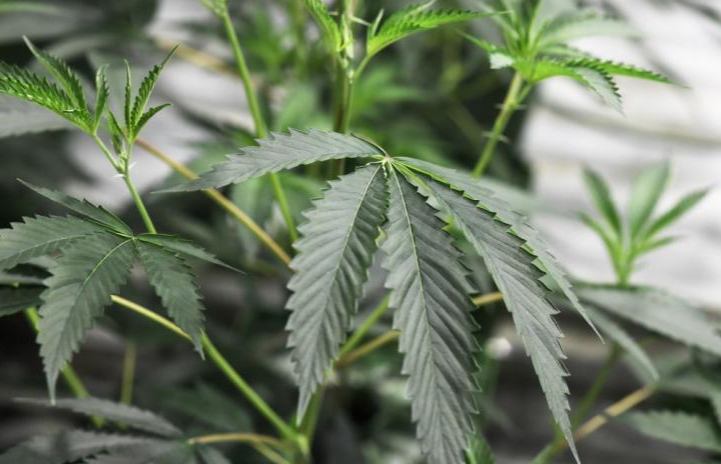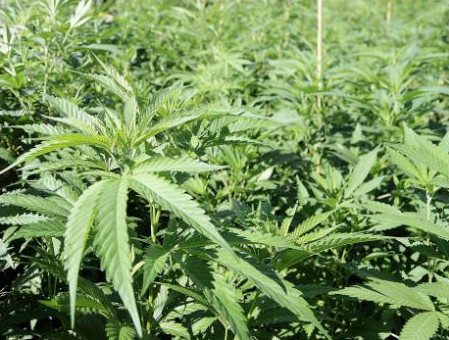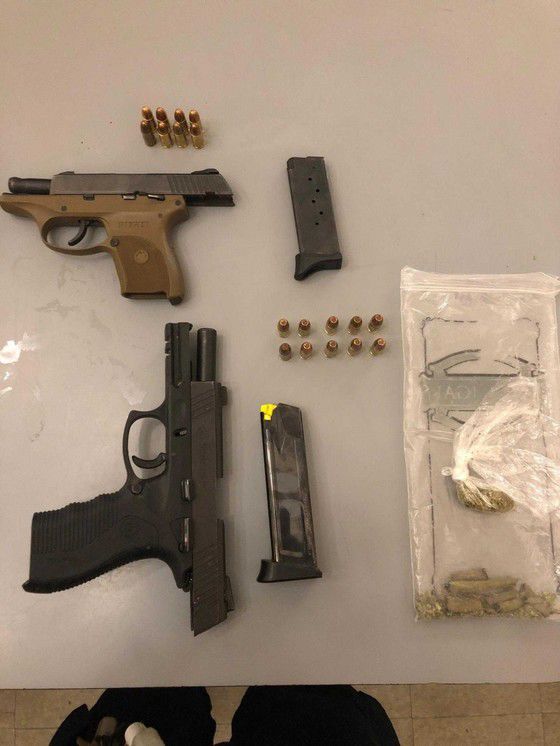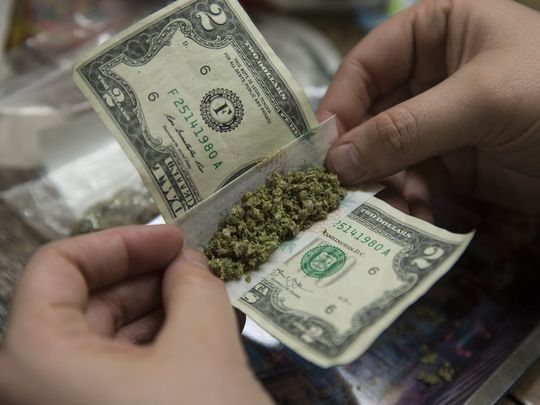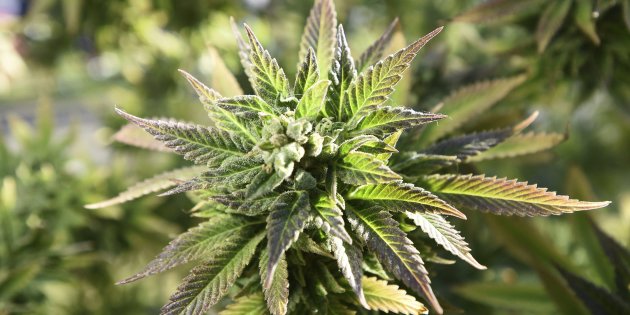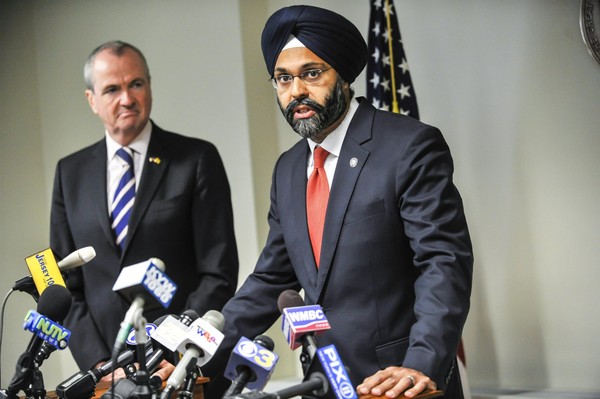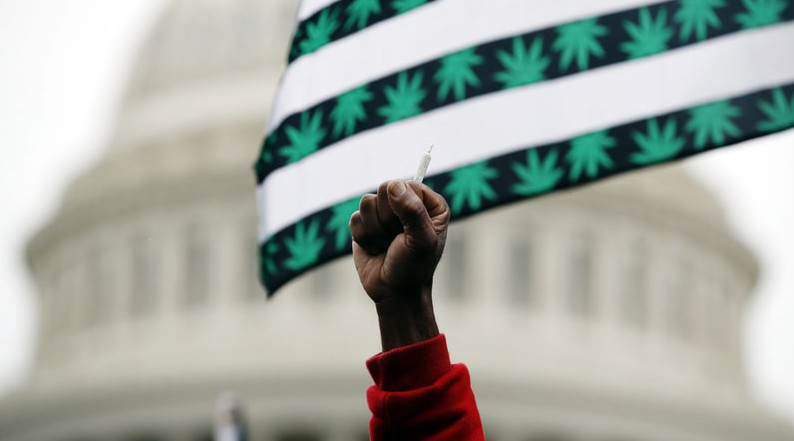In May, New Jersey State Senator Nick Scutari (D-Union) introduced a recreational marijuana plan that aimed to tax and regulate the plant. Today, Scutari is leading a Senate Judiciary Committee hearing in Trenton on Bill S3195, including sessions with medical professionals and members of law enforcement from both sides of the debate.
Scutari, who is chair of the Senate Judiciary Committee, has long been a proponent of ending cannabis prohibition in New Jersey. With legalization opponent and current Governor Chris Christie on his way out of office in January, Scutari wants to establish a solid knowledge base among his voting peers ahead of a crucial November election.
“Now is the time to begin shaping New Jersey’s recreational marijuana program,” Scutari explained in a statement. “We will have a new governor next year and we should be prepared to move forward with a program that ends the prohibition on marijuana and that treats our residents fairly and humanely.”
In less than five months, New Jersey voters will decide whether current Republican Lt. Governor Kim Guadagno, who sides with Gov. Christie on marijuana, or Democratic nominee Phil Murphy, a legalization supporter, will be the next Governor of New Jersey.
The monumental bill introduced to the New Jersey legislature is built on the same framework as the laws in Colorado, where Sen. Scutari visited on multiple occasions to gain insight on best practices. Some of the more notable objectives of Bill S3195 include:
- Legalizing the possession of one ounce of marijuana flower, seven ounces of concentrate, 16 ounces of medicated edibles, and 72 ounces of infused liquid for adults over 21 years of age. The possession of up to 50 grams of cannabis would be instantly decriminalized regardless of the official implementation date of legalization in New Jersey.
- Replacing the current sales tax levied on medical marijuana sales with one on transactions of the recreational variety. The initial tax rate would be set at seven percent the inaugural year of legalization, rising to 10 percent in year two. The tax would increase by five percent each year until it maxes out at 25 percent.
- Allowing those with prior charges for marijuana possession to expunge their criminal record.
- The establishment of a Marijuana Enforcement Division within the Attorney General’s Office to oversee the state’s legal cannabis market.
One major point of contention among legalization advocates is that Scutari’s bill doesn’t include provisions for home cultivation.
“I’m not saying I would be against something in the future,” Scutari stated about legalizing residential grows. “I understand the frustration for people who say this is a plant and they should be able to grow it. But we don’t want these additional policing concerns. It creates an entire whole set of issues I don’t want to see us tackle when we are creating a new industry.”
Another primary concern ahead of a possible legalization vote is ensuring the legal cannabis industry is equally accessible to all prospective business owners, regardless of race. Though research has shown that Blacks and Whites use marijuana at comparable rates, a study released last Thursday by the New Jersey chapter of the American Civil Liberties Union (ACLU) revealed that Blacks were three times more likely to be arrested for marijuana possession than Whites. Some believe that Scutari’s proposed legislation doesn’t go far enough in ensuring that the communities hit hardest by cannabis prohibition have an equal opportunity to reap the benefits of regulation.
“It is imperative that any legislation to legalize marijuana include policies that encourage full participation in the industry by communities disproportionately harmed by marijuana prohibition and invests some of the revenue generated by legalization back into those communities,” said Richard Smith, president of the NAACP New Jersey State Conference.
According to the ACLU study, New Jersey is arresting more people for marijuana offenses than ever before, spending an estimated $143 million annually in their War on Weed. The money being spent on enforcing cannabis laws may be justified if New Jersey was putting away the more dangerous characters in the black market marijuana trade, but the report claims that 90 percent of marijuana arrests in the state involve users, not dealers.
Another recent study, conducted by New Jersey Policy Perspective and New Jersey United for Marijuana Reform, estimated that cannabis legalization and a recreational market would generate over $300 million in additional tax revenue for the state.
“We know that legalizing marijuana will result in hundreds of millions of dollars in tax revenue, the creation of thousands of jobs and a substantial increase in economic activity. It will also mean savings for law enforcement, safer streets, and importantly, a fairer way of treating our residents,” Scutari said. “The benefits are clear, but as part of our work towards legalization, we want to have a robust dialogue … about creating a marijuana program that is best suited for our state.”
credit:marijuana.com



